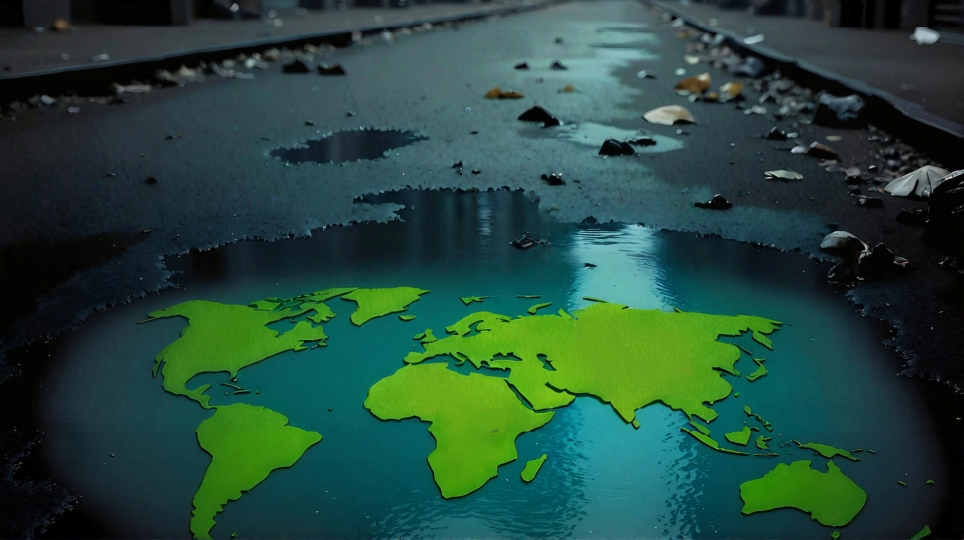Warnings of an impending civilizational collapse are numerous. Many of our leaders belong to an establishment unable to respond with the responsibility the moment demands. Those who understand the gravity of the situation are not being heard. So what can we, those of us beginning to grow uneasy, do now? How can we start building something that lasts, something better than what came before?
In previous articles, I have demonstrated that relational awareness — the ability to see and care for one another genuinely — is the most crucial foundation for a sustainable future. But what does that look like in practice? Which communities have already begun to find new ways forward?
In Kerala, India, grassroots investment in public health and education over several decades has led to high living standards and life expectancy despite the state’s relatively low GDP. Community-based decision-making and local mobilization have played a decisive role.
In Finnish cities such as Espoo and Tampere, trust-based services have been introduced. Residents receive help without bureaucratic barriers. In addiction care, for example, support instead of suspicion leads to both greater trust and better outcomes.
In the Netherlands, Doughnut Economics is being applied at the local level, particularly in Amsterdam, where urban development is evaluated in terms of both social needs and planetary boundaries. The economy becomes a tool for balance, not growth at any cost.
Uruguay has shown how public control of energy and water, combined with democratic participation, can deliver both justice and sustainability. The country is now a global leader in renewable energy, with over 95 percent of its electricity generated from green sources.
In Cuba, after the fall of the Soviet Union, the import system collapsed. The result was a large-scale shift to urban and ecological agriculture. It wasn’t an ideological revolution. It was a necessity. However, it demonstrated that community-driven solutions are effective. Today, Havana is filled with small, green food gardens. The same was true in Norway during World War II, when lawns in suburban areas were converted into kitchen gardens.
In France, the movement Terre de Liens is growing. Citizens collectively purchase farmland to guarantee ecological farming and local food production. Instead of competing, farmers and communities collaborate to care for both the land and its people.
In South Korea, the city of Seongnam has developed a local welfare system centered on elder care, the distribution of basic goods, and free healthcare. These initiatives, driven by volunteers and small organizations, have significantly increased social resilience.
In Puerto Rico, following Hurricane Maria, small communities demonstrated how crisis management could function effectively without a central government. Through resource sharing, cooperative food schemes, and localized energy solutions, mutual aid groups emerged. They still exist today and are better prepared than the authorities for the next storm.
These are just a few examples. But ultimately, we need more than reforms. We need a new cultural narrative about what it means to be human, together. It’s not about going back in time. It’s about creating a future rooted in what we already know works: care, cooperation, and local belonging.
This is what must grow across neighborhoods, villages, cities, and islands. Not as a copy of someone else’s model but as local answers to the same universal question: How do we build a truly sustainable society?
As the great powers continue to prioritize domination over humanity, it becomes more important than ever for as many of us as possible to do the opposite. As I wrote in Strategy for Survival and The Knowledge That Great Powers Ignore at Everyone’s Expense:
“The single most important condition for such a society to emerge and endure is a fundamental attitude toward community that runs deeper than politics and proves more sustainable than short-term solutions. A relational and emotional awareness must underlie everything.”
The new era must be built from the ground up. And it begins with those who dare to imagine something better — and who begin to put it into practice.
Featured image © Eldar Einarson






